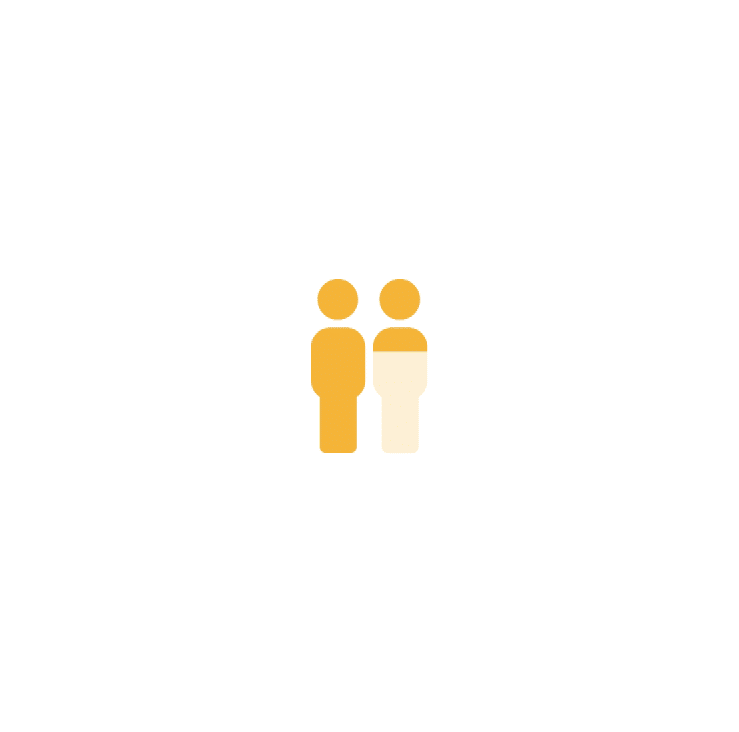The Global Depression Epidemic
How depression affects families, individuals, and communities.

The Need
StrongMinds is working to end the global depression epidemic.
280 million people
experience depression disorders globally.
Up to 85% of people
in low-income countries have no access to treatment.
Women are affected
at 2x the rate of men.
Understanding Depression
Depression is a common mood disorder that affects the mind and body. It can affect anyone, regardless of age, gender, religion, or socio-economic status.
Common Signs and Symptoms
- Extreme sadness
- Disturbed sleep or appetite
- Dramatic mood swings
- Anger, frustration, or irritability
- Fatigue and lack of energy not alleviated by sleeping
- Inability to concentrate or make decisions
- Feelings of guilt or low self-worth
- Excessive worrying or fear
- Agitation or physical restlessness
- Avoidance of social activities
- Physical symptoms, such as headaches, stomach aches, and back aches.
- Hopelessness and a general loss of interest in life
- Thoughts or acts of suicide or self-harm
HOW IS DEPRESSION DIFFERENT FROM STRESS OR SADNESS?
Depression is different from usual changes in moods and emotions (such as sadness or stress) that naturally occur in reaction to the challenges in everyday life, and diminish over time. Depression is a sustained feeling that can go on for weeks, months, or even years.
How do we treat depression at scale?
The benefits of treating depression.
When people recover from depression, they change the world around them.
OUR IMPACT

Mental Health Treatment Gap

45.5 qualified mental healthcare providers per 100,000 people in Europe

1.3 qualified mental healthcare providers per 100,000 people in Africa
Mental Health and Sustainable Development
Food
Linking mental health treatment to improved food security and nutrition for families.
Human rights
Advocating for mental health care as a human right through partners and governments to integrate services.
Environment
Providing mental health support to people affected by climate disasters advocates for climate resilience.
Infectious disease
Providing mental health support during infectious disease outbreaks promotes resilience for future pandemics.
Maternal-child
Providing depression treatment to pregnant women and new mothers improves child health outcomes.
